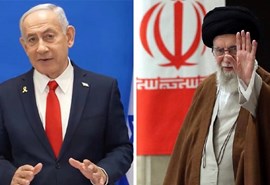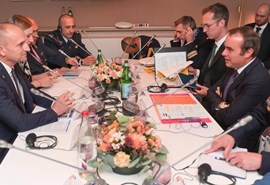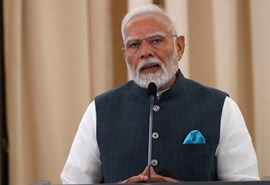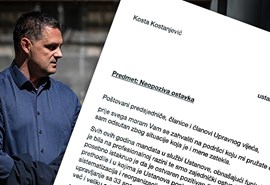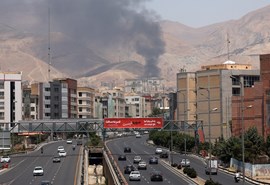At the EU member states meeting in Luxembourg, Slovakia and Hungary blocked conclusions on the gradual phase-out of Russian gas imports, while the European Commission announced a legislative proposal that does not require consensus. The Polish EU presidency proposed a coordinated plan to remove Russian fossil fuels from the EU market, but Hungary and Slovakia vetoed it, citing sovereignty and energy security. The Commission plans to proceed with the legislative proposal, and the task of harmonizing a common position will be taken over by the Danish presidency. This topic causes political tensions within the EU, while simultaneously emphasizing the importance of reducing dependence on Russian fossil fuels for Europe’s energy security and sovereignty.
Political Perspectives:
Left: Left-leaning sources emphasize the importance of reducing dependency on Russian fossil fuels to promote energy security and climate goals. They highlight the need for EU solidarity and coordinated action to phase out Russian energy imports despite resistance from some member states. The narrative often criticizes vetoes by Hungary and Slovakia as obstacles to collective European interests and stresses the urgency of transitioning to renewable energy.
Center: Center-leaning sources report the developments factually, focusing on the political dynamics within the EU, including the vetoes by Hungary and Slovakia and the procedural aspects of the legislative process. They emphasize the balance between national sovereignty concerns and the EU’s collective energy security goals. The coverage highlights the role of the European Commission and upcoming Danish presidency in advancing the plan.
Right: Right-leaning sources tend to emphasize national sovereignty and energy security concerns raised by Hungary and Slovakia. They may frame the vetoes as justified defense of national interests against EU overreach. The narrative often stresses the risks of rapid energy transition and the importance of maintaining stable energy supplies, sometimes questioning the feasibility or timing of the EU’s phase-out plans.





